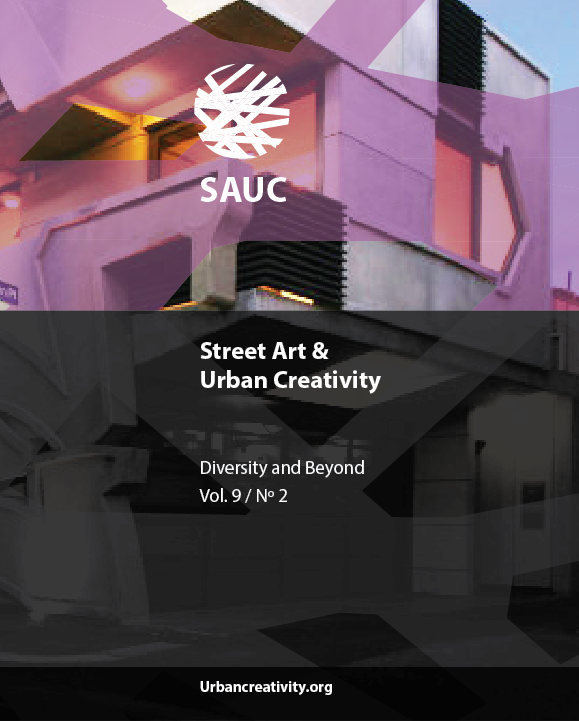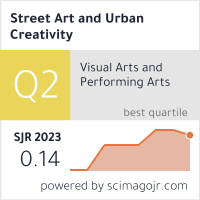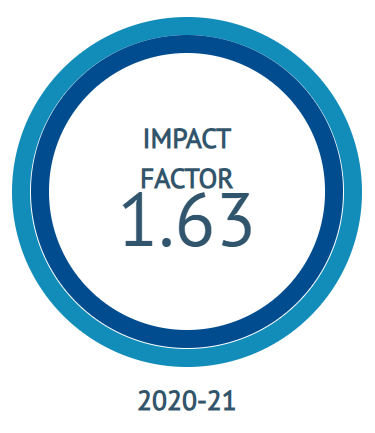Metatheoretical considerations for a definition of street art
Can algorithms identify street art?
DOI:
https://doi.org/10.25765/sauc.v9i2.791Keywords:
street art, definition, algorithm, machine learning, value of art, ephemerality, subversiveness, formalismAbstract
What is street art, exactly? In this paper, I address a fundamental concern about street art: its definition. The subject has been widely debated, but I approach it from a novel perspective: metatheoretical. I'm particularly interested in deconstructing the potential functions of a definition of street art, as well as the goal of definitions of street art. I then survey the literature from this vantage point, providing a well-reasoned summary of some current alternatives. I conclude by wondering if any of these definitions could be turned into an algorithm. I believe in a moderate level of optimism. Though algorithms can identify street art under certain conditions, they appear nonetheless incapable of capturing types of definitions such as evaluative definitions that include predicates whose application conditions are highly discretionary and contextually sensitive.
Downloads
Global Statistics ℹ️
|
186
Views
|
61
Downloads
|
|
247
Total
|
|
Downloads
Published
How to Cite
Issue
Section
License
Those authors who publish in this journal accept the following terms:
-
Authors retain copyright.
-
Authors transfer to the journal the right of first publication. The journal also owns the publishing rights.
-
All published contents are governed by an Attribution-NoDerivatives 4.0 International License.
Access the informative version and legal text of the license. By virtue of this, third parties are allowed to use what is published as long as they mention the authorship of the work and the first publication in this journal. If you transform the material, you may not distribute the modified work. -
Authors may make other independent and additional contractual arrangements for non-exclusive distribution of the version of the article published in this journal (e.g., inclusion in an institutional repository or publication in a book) as long as they clearly indicate that the work was first published in this journal.
- Authors are allowed and recommended to publish their work on the Internet (for example on institutional and personal websites), following the publication of, and referencing the journal, as this could lead to constructive exchanges and a more extensive and quick circulation of published works (see The Effect of Open Access).













